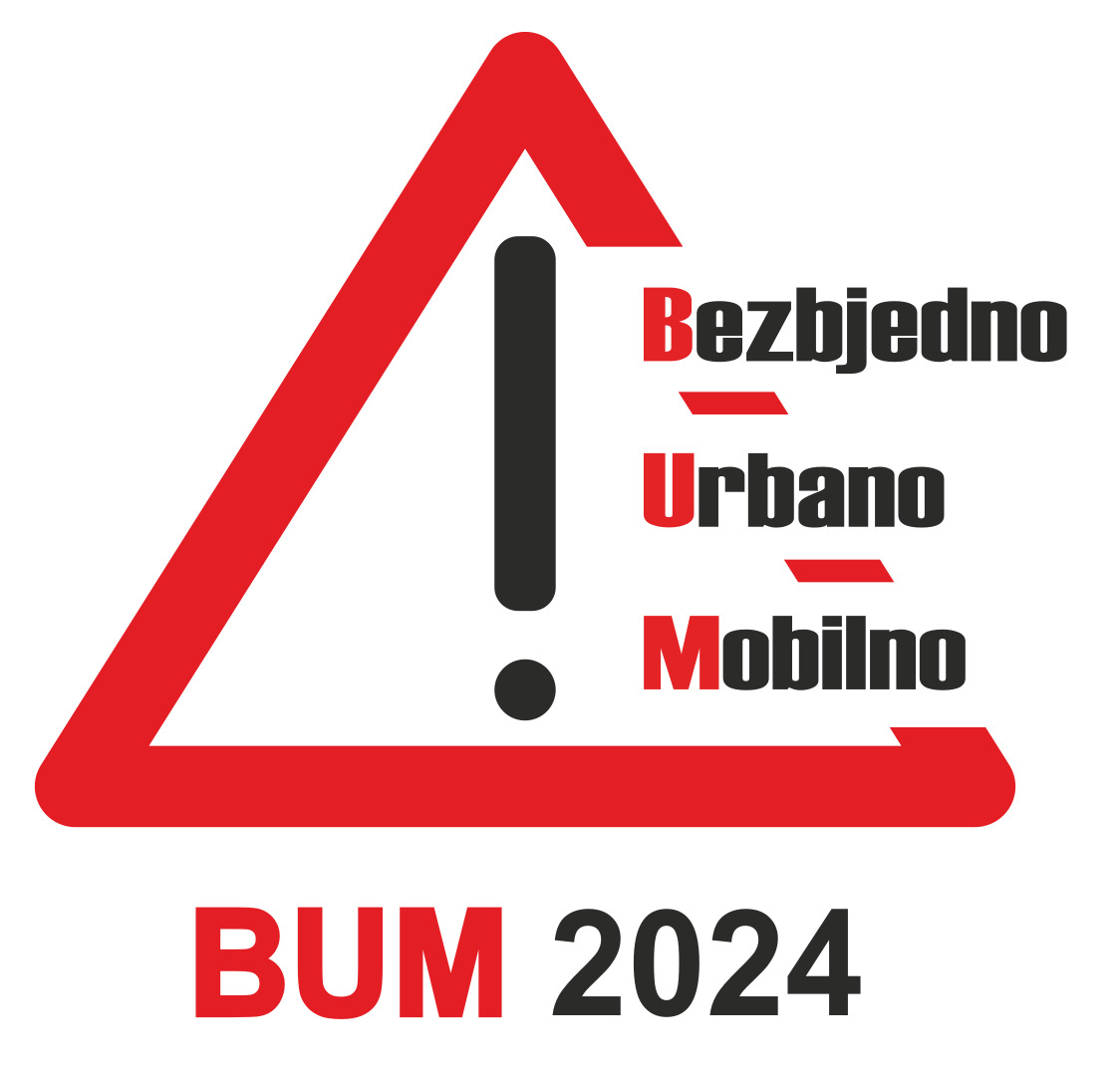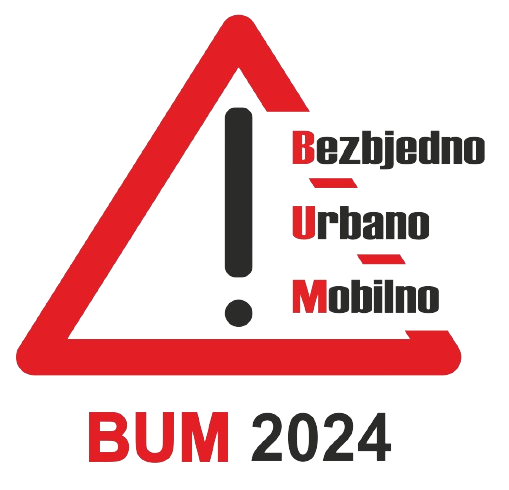Prva međunarodna naučna konferencija
BEZBJEDNO
URBANO
MOBILNO
Call for papers
The Journal of Informational Technology and Applications (JITA) is a scientific journal with an international reach. Its primary goal is to share new ideas, knowledge, and experiences that contribute the development of an information society based on knowledge.Our vision is to become a leading journal that publishes groundbreaking research that advances scientific progress. We invite you to collaborate by submitting original research works related to emerging issues in your field that align with our editorial policies.The journal is published twice a year, in June and December. The deadline for the June issue is April 15th; for the December issue, it is October 15th. After a blind review and evaluation process, authors will be notified of the publishing decision.
Call for papers
Dear Author, please read carefully all texts given on BUM website, especially „Instructions for Authors“. To submit your manuscript please download manuscript template and copyright form. Please attach also a short biography of author(s), max. 200 characters, as a separate MS Word© document. Clicking on „Upload paper“ button will open form to send



